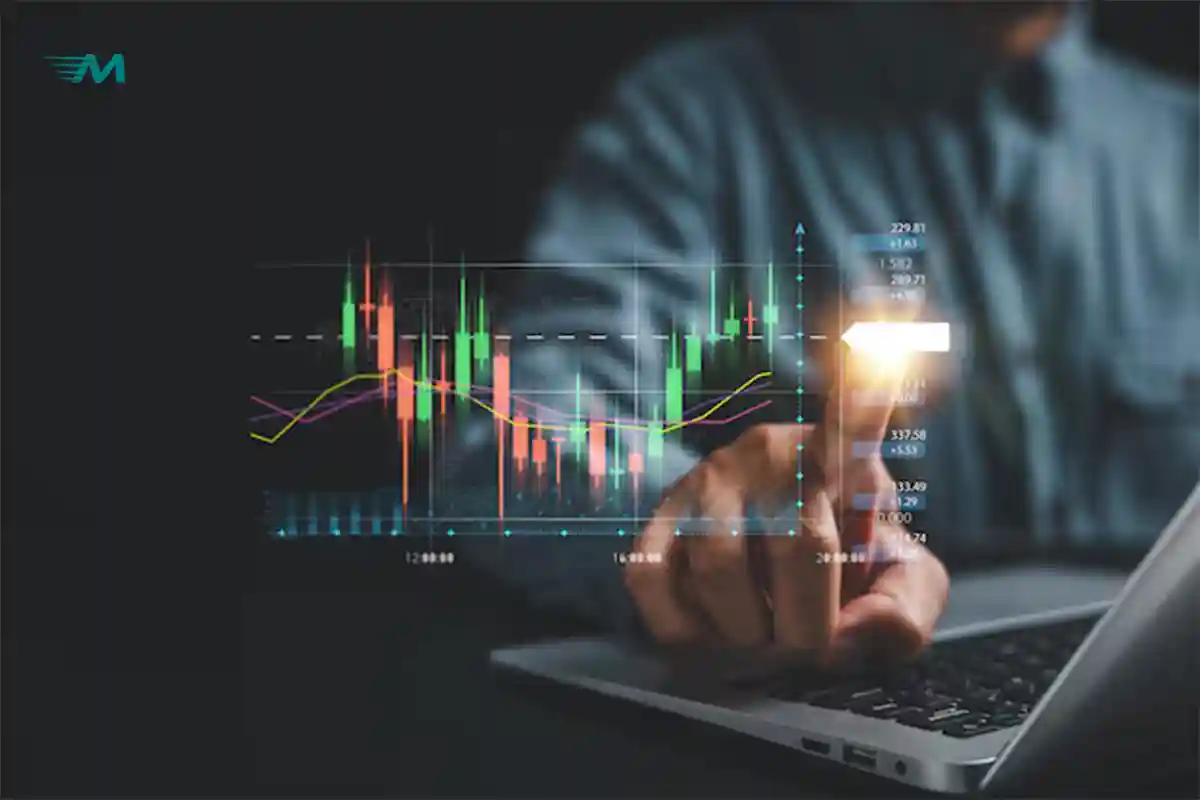How to Start Trading Forex: A Beginner’s Step-by-Step Guide
Introduction
Forex trading, also known as foreign exchange, is one of the biggest and most liquid financial markets worldwide. Every day, trillions of dollars change hands as traders buy and sell currencies to earn profits. While the concept of trading currencies might appear complicated, it is a skill that anyone can master with the right guidance, self-control, and practice. If you are wondering how to start trading forex, this guide will walk you through what forex trading is, how to get started, and the essential advice you need to trade wisely as a beginner.
Table of Contents
Understanding Forex Trading
In essence, forex trading involves buying one currency while selling another. Currencies are traded in pairs, like EUR/USD (Euro versus US Dollar), GBP/INR (British Pound versus Indian Rupee), or USD/JPY (US Dollar versus Japanese Yen). The first currency in the pair is termed the base currency, whereas the second is the quote currency. When you purchase a pair, you are essentially purchasing the base currency and selling the quote currency. For example, if EUR/USD is priced at 1.10, it means one Euro is worth 1.10 US Dollars. The value of these currency pairs changes continuously, providing opportunities for traders to profit.
Learning the Fundamentals of the Forex Market
Before you invest your funds, it’s important to understand how the forex market operates and the standard terminology used in trading. A “pip” represents the smallest price movement in a currency pair, usually at the fourth decimal. A “lot” refers to the trade size, with one standard lot equaling 100,000 units of the base currency. Leverage allows you to control a big trade with a small deposit; for instance, with 1:100 leverage, you can trade $10,000 with only $100. The “spread” is the gap between the buying (ask) and selling (bid) prices. Finally, your “broker” is the company that provides you with access to the trading platform where you place your trades.
Choosing a Reliable Forex Broker
Your broker plays a vital role in your trading journey, so it’s vital to choose one cautiously. Seek out brokers regulated by reputable authorities such as the FCA, ASIC, CySEC, or SEBI in India. The trading platform should be user-friendly and reliable, with MetaTrader 4 (MT4) and MetaTrader 5 (MT5) being popular choices. Pay attention to fees and spreads, as lower spreads decrease your trading costs. Excellent customer support and easy deposit or withdrawal options are also vital, especially for newcomers.
Starting with a Demo Account
Prior to trading with real money, you should practice with a demo account. This is a free account offered by most brokers where you can trade with virtual money in real market situations. A demo account helps you learn how the platform works, practice placing buy and sell orders, and test strategies without financial risk. It is wise to spend at least a month or two practicing until you feel comfortable.
Creating a Trading Plan
A trading plan is like a set of rules that guides your decisions and keeps your emotions in check. It should outline your profit goals, the maximum risk you are willing to take on each trade, your entry and exit strategies, and your preferred trading hours. Without a plan, traders often act impulsively, which can lead to needless losses.
Learning Market Analysis
To make well-informed decisions, you need to analyze the market. Technical analysis involves studying price charts and indicators, like moving averages, the Relative Strength Index (RSI), and Bollinger Bands. It also includes pinpointing support and resistance levels. Conversely, fundamental analysis focuses on economic and political factors that affect currency prices, like interest rate changes, inflation, employment data, and global events. Many traders use a blend of both methods to get a more clear view.
Starting Small with Real Trades
Once you have practiced enough on a demo account and built your trading plan, you can open a live trading account and start small. Begin with a modest capital, trade in micro lots, and concentrate on one or two currency pairs to build expertise. Avoid putting excessive funds at risk in the early stages.
Managing Risk Effectively
Risk management is the key to long-term success in forex trading. Always utilize a stop-loss order to restrict potential losses, avoid over-leveraging, and only risk money you can afford to lose. Diversifying your trades can also help protect your account from substantial losses.
Controlling Your Emotions
Trading psychology is just as critical as market analysis. Fear can prevent you from taking good trades, whereas greed can drive you to overtrade. Successful traders stay disciplined, adhere to their plans, and avoid making emotional decisions, even when the market is unstable.
Keeping a Trading Journal
A trading journal is an excellent tool for self-improvement. Document every trade you make, including the date, currency pair, entry and exit points, profit or loss, and the reasoning for entering the trade. Regularly reviewing your journal helps you identify mistakes and refine your strategies.
Commitment to Continuous Learning
The forex market is constantly evolving, so you should always be learning. Keep up with worldwide financial news from reliable sources like Bloomberg and Reuters, attend webinars, watch tutorials, and connect with other traders to exchange knowledge and strategies.
Common Mistakes to Avoid
Many beginners make the same blunders, such as overtrading, ignoring risk management, chasing the market out of a fear of missing out, trading without a plan, or expecting to get rich fast. Steering clear of these pitfalls will provide you with a significantly greater chance of success.
Conclusion
Forex trading can be an exciting and potentially rewarding skill, but it’s not a quick path to wealth. By understanding the basics, practicing with a demo account, creating a trading plan, analyzing the market, managing risk, and controlling your emotions, you can trade with confidence and discipline. Over time, with patience and consistent effort, you can transform forex trading into a valuable income source and a skill for life.

